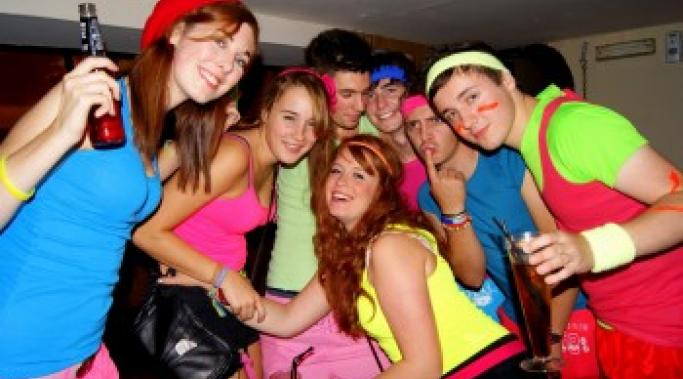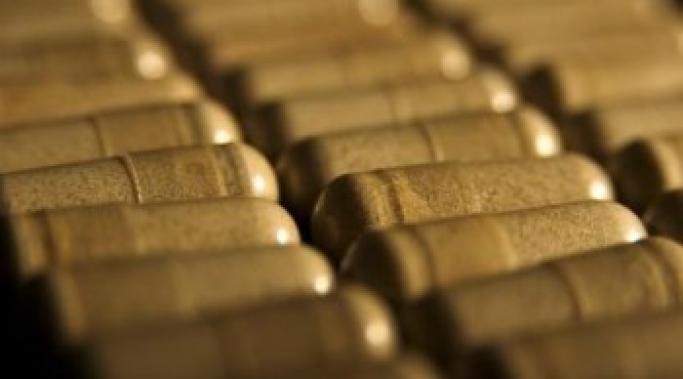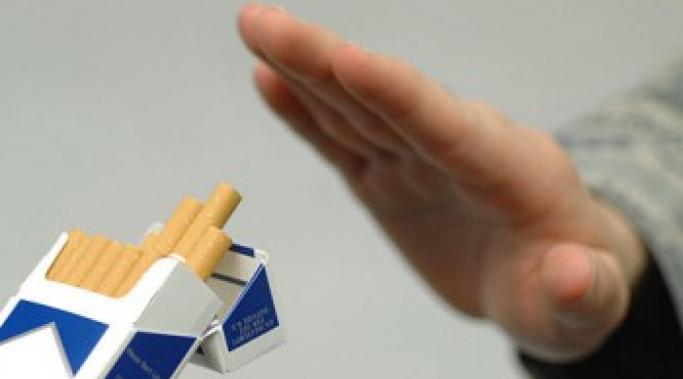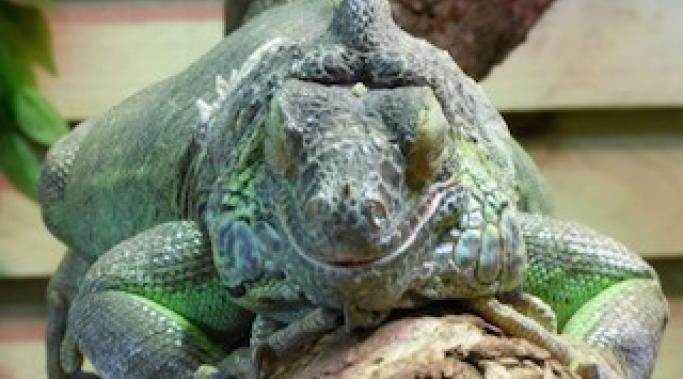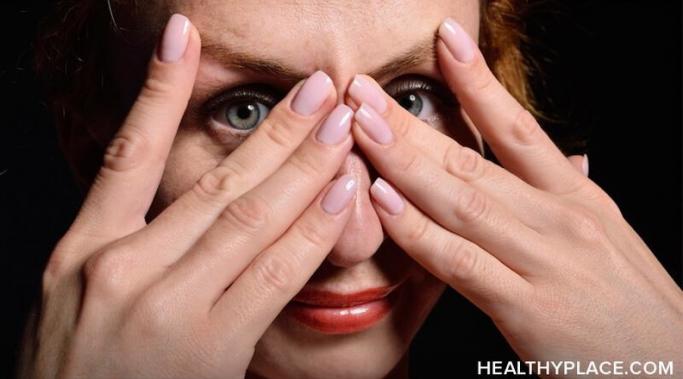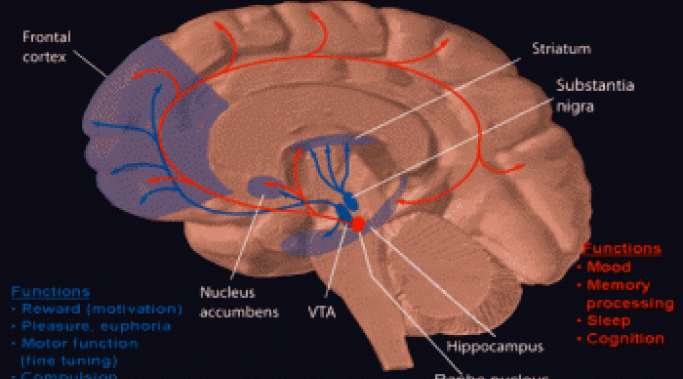Last month, the Center for Disease Control and Prevention (CDC) released the results of a study of American drinking habits. I was surprised to read the findings. The biggest two takeaways were: one-in-three adult Americans drink heavily and 90 percent of Americans who drink heavily are not alcohol dependent, aka addicted to alcohol. Let's break down what that actually means.
Alcohol Addiction
Is it okay to take prescription pain medication when you're a recovering alcoholic or addict? Does getting sober mean you can never take a drug of any kind for the rest of your life?
On a warm October day, I hurried to to class, maneuvering around groups of slower-moving students. I checked my phone - fifteen minutes before class started, enough time to pop into the mini mart and buy some iced tea or soda. Approaching the entrance, I smelled the faint scent of fresh cigarette smoke from a passerby. Then my eyes caught the posters featuring cigarette brands on the mini mart door. All of the sudden, pleasurable memories wafted over me. I could feel the cigarette between my fingers and taste the hot smoke. I was experiencing a smoking craving.
Hi, my name is Becky and I’m a grateful, recovering alcoholic – and I mean that with total sincerity. My life was changed for the better when I finally put down the bottle in November of 2009. Consequently, I have been blessed with incredible friendships and a life that I never knew I wanted.
Getting sick raises questions and concerns for people in substance abuse recovery. As the leaves fall and the heaters turn on, colds, flus and other illnesses make the rounds. Personally, I am prone to developing sinus infections. Every time I come down with something, I have to consider what kinds of remedies are safe for me as a person in recovery.
In addiction treatment, one of the concepts that gets tossed around a lot is that of the "lizard" or "reptilian" brain. It comes from the triune brain model set forth in the 1960s by American neuroscientist Paul MacLean. According to this model, human brains comprise the most advanced product (thus far) in mammalian evolution, sharing some properties with our evolutionary ancestors. We have essentially three parts:
The reptilian complex (basal ganglia)
The paleomammalian complex (limbic system)
The neomammalian complex (neocortex)
As it relates to addiction, the idea is that addicts are engaged in a struggle between their reasoning (neocortex) on the one hand and their instinctual, compulsive reptilian brain on the other.
Early in recovery, a young woman who had gotten sober several years before me gave me some good advice. She said that when I felt like drinking, I should make a list of possible actions I could pursue and rank them in order from least destructive to most destructive. Actions such as praying or taking a bath would probably rank high on the list, while drinking and suicide would come in last. In the middle, I might list such things as shirking responsibilities to watch TV all day or going on a reasonable shopping spree. (I should mention, I have not struggled with shopping addiction.) When I felt the urge to drink or use, I was to start at the top of the list and work my way down.
An old saying, often dubiously attributed to Martin Luther, warns: "Who loves not wine, women and song/remains a fool his whole life long." The phrase has hedonistic implications (which is why I find the Luther attribution puzzling) and its modern equivalent is "sex, drugs and rock-and-roll." Whether it really was Luther who said it, or whether it was Johann Heinrich Voss, as Bartlett's Familiar Quotations has it, the hendiatris is an old one.
Even if Bartlett made it up himself, it would still date to at least 1855. That means that for a long, long time, people have lumped substances, sex and music into the same category of mood-altering temptations. Reflecting on this fact made me wonder, is there a difference between addiction to mind-altering substances and mind-altering behaviors or experiences?
I got sober in a rigorous outpatient treatment program based on confrontational therapy and geared toward adolescents. At nearly 22, I was the oldest client. The program is unorthodox and its founder is a somewhat controversial figure in the mental health treatment community. I have mixed feelings about his methods, but something in that program did get, and keep, me sober where others had failed.
One of my biggest regrets from my drinking days is that I wasn't a support for my grandfather when he was dying. We were very close throughout my childhood and adolescence, but when he experienced a recurrence of cancer I was totally immersed in my alcoholism. My mother and I lived with my grandparents for some of his last months, but I was more harm than help. He died a few months before I got sober and for years, my wreaking havoc on my family during this difficult time pained me. For the last seven years I have experienced troubling recurring dreams involving my grandparents and their home, which was a happy and magical place for me growing up.
